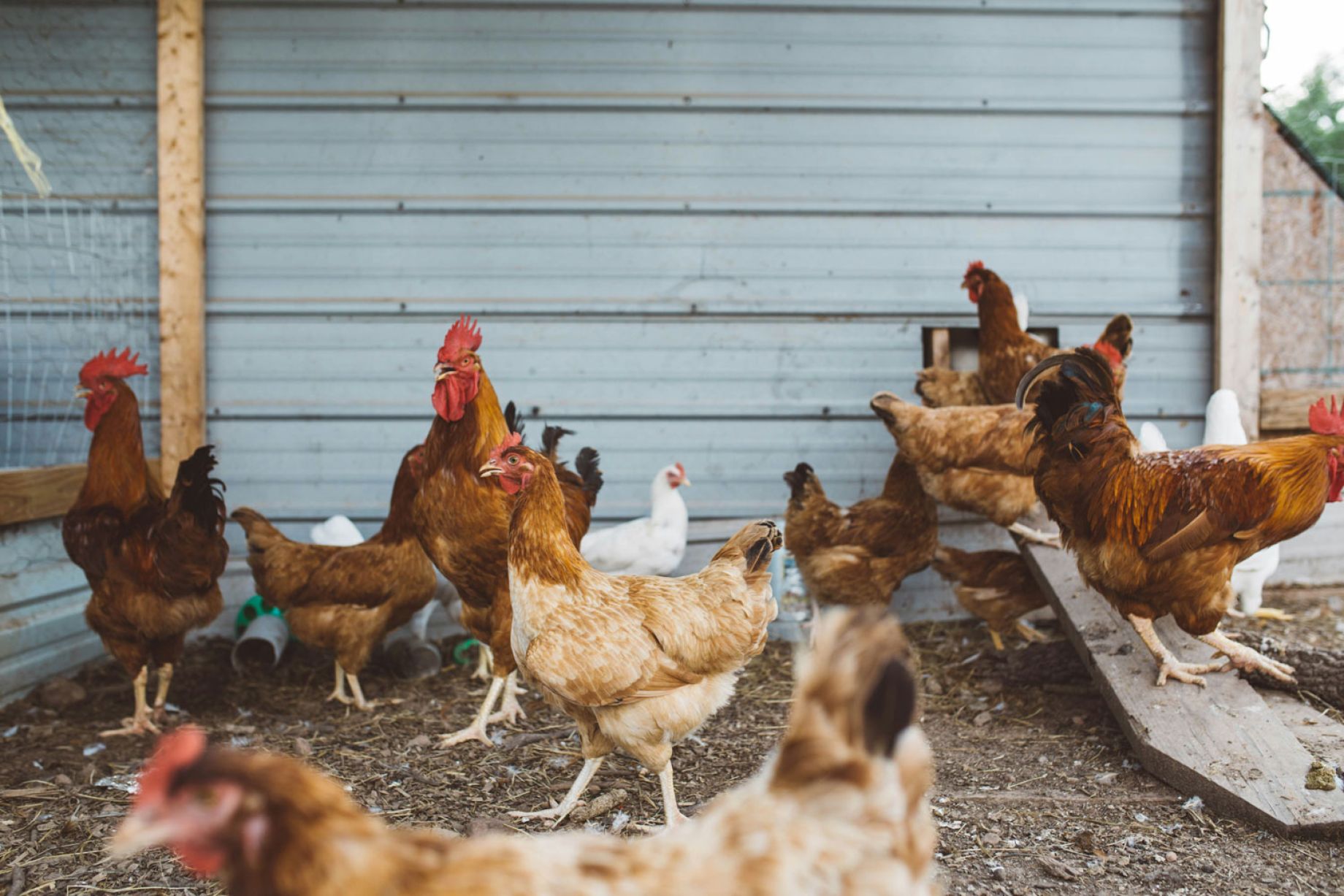
Why Chickens Make a Wonderful Addition to Your Homeschool Experience
Homeschooling offers a unique opportunity for experiential learning, enabling families to explore educational concepts in engaging and hands-on ways. One of the most charming and enriching activities you can incorporate into your homeschool is raising chickens. Not only are chickens fun and entertaining, but they also provide a multitude of learning opportunities for children of all ages. Here’s why chickens are a great addition to your homeschool experience.
1. Real-Life Biology Lessons
Raising chickens gives children a firsthand understanding of biological processes. From learning about the life cycle of a chicken—from egg to chick to adult hen—to understanding basic anatomy, children can engage in fascinating discussions about reproduction, growth, and development. Classroom lessons about ecosystems and food chains become tangible when kids can observe how chickens interact with their environment, insects, and plants.
2. Nutrition and Food Production
In our modern world, understanding where our food comes from is crucial. Keeping chickens can provide valuable lessons in nutrition, agriculture, and sustainability. Children can learn about the dietary needs of chickens, the importance of a balanced diet, and how to care for animals in a humane way. Furthermore, collecting eggs daily introduces them to the concept of food production and the farm-to-table journey, making them appreciative of fresh, local food.
3. Responsibility and Routine
Caring for chickens requires commitment and regular upkeep. Children can learn important life skills such as responsibility, time management, and planning. Daily tasks such as feeding, watering, and cleaning the coop can be a part of their everyday routine, reinforcing the importance of diligence and consistency. This hands-on responsibility can foster a sense of accomplishment and pride as children see the fruits of their labor—be it happy, healthy chickens or fresh eggs.
4. Connection to Nature
In today’s digital age, children often spend considerable time indoors or engaged with screens. Raising chickens provides an excellent opportunity to reconnect with nature. Kids can explore the outdoors as they interact with their flock, observe the behaviors of animals, and care for plants that may be part of their chickens’ diet. This fosters a love for nature, biology, and conservation as they witness firsthand the cycles of life and the interdependence of living beings.
5. Encouragement of Problem-Solving Skills
Challenges often arise when raising chickens, be it an illness in the flock, a predator threat, or keeping their environment clean and healthy. Children can learn to assess situations critically and develop solutions. This practice of problem-solving fosters critical thinking, creativity, and resilience, valuable skills that extend to other areas of their education and life.
6. Developing Social Skills
Chickens can also be a fantastic focal point for social interactions. Whether it’s inviting friends over to share in the experience or discussing care practices with parents, the presence of chickens can foster dialogues and teamwork. Group projects related to chicken care, such as constructing a coop or building a chicken run, encourage collaboration and communication skills.
7. Science Experiments and Observations
Integrating scientific inquiry into your homeschooling is easy with chickens. Kids can conduct experiments, such as testing different types of feed, observing egg-laying patterns, or even studying the effects of environmental changes on behavior. Encouraging students to keep journals of their observations and findings can enhance their scientific literacy and help them learn how to conduct research and document results.
8. Creativity and Art
Chickens can inspire creativity in various ways, from arts and crafts to storytelling. Children can create artwork depicting their chickens or write stories featuring them as characters in imaginative scenarios. Through creative expression, kids can deepen their connection to their feathered friends and explore their interest in the arts.
9. Strengthening Family Bonds
Working together to care for chickens can strengthen family bonds. Sharing the responsibilities and joys of chicken-keeping can create shared experiences and lasting memories for families. Whether it’s a daily routine to collect eggs or a fun project to expand their chicken coop, these activities encourage cooperation and togetherness.
10. Learning About Responsibility and Stewardship
Finally, raising chickens instills values of stewardship and care for living beings. Children learn empathy and kindness as they care for their birds. Understanding that their actions directly affect their chickens’ well-being can foster a sense of responsibility and urge them to treat all living things with respect.
Incorporating chickens into your homeschool not only enriches the educational experience for your children but also provides an opportunity for practical life skills and personal growth. As they participate in the day-to-day care of their feathery friends, kids will reap the benefits of hands-on learning that will stick with them long after their chickens have grown. So if you’re considering ways to enhance your homeschooling journey, think about inviting a flock of chickens into your life—they might just be the perfect addition!
